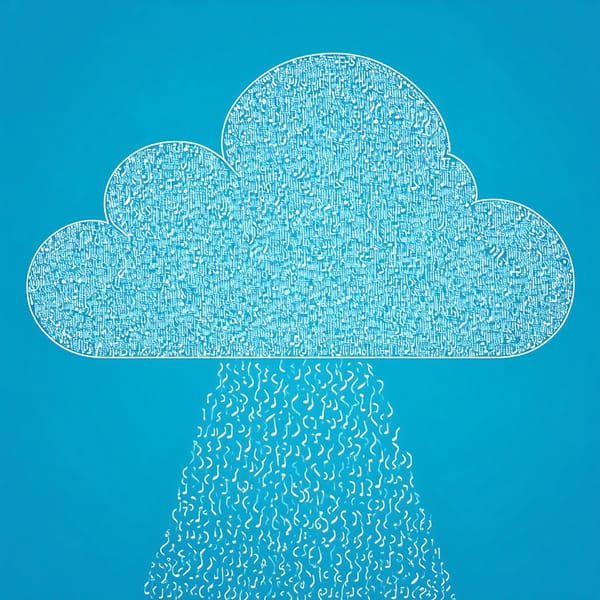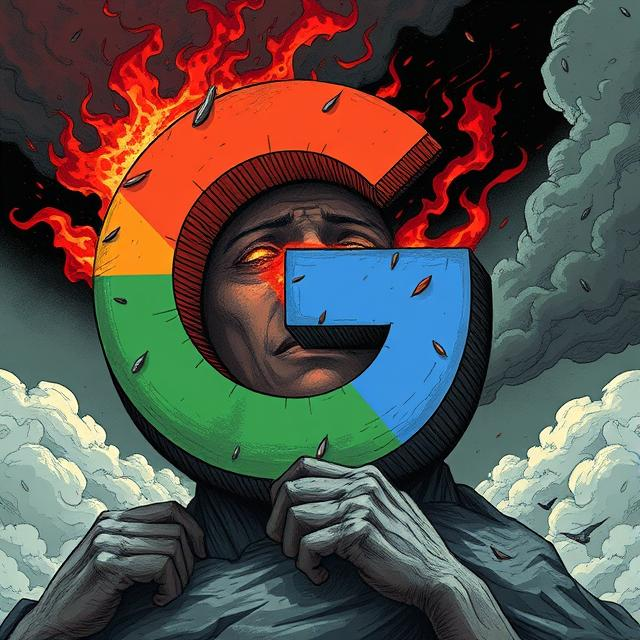Pirates to rescue our culture
The Unlikely Heroes Saving the Web from Idiotic Paywalls and Digital Oblivion

In this day and age, the internet has become a playground for corporations, hiding valuable information behind idiotic paywalls and trying to convince us that we should pay for content that should be free. Enter the pirates—those rebellious, unsung heroes who are fighting the good fight to keep the web open and accessible. Let's dive into how these modern-day Robin Hoods of the digital sees are making sure we don't lose our collective digital heritage.
Paywalls are the bane of every netizen's existence. Who wants to fork over hard-earned cash just to read an article or access some research? Not everyone can afford those subscription fees, and that's where pirates come in. They smash through these digital barricades, ensuring that everyone can access the information they need. The R Street Institute even acknowledges that the internet owes a lot to pirates who have consistently pushed against these restrictive barriers [1]. Much like for academic research funded with public money but detained behind solid paywalls by greedy publishers, pirates now come to the rescue of other, more mundane digital items.
The internet is like a leaky boat: content vanishes all the time. Luckily, we've got the Internet Archive and our trusty pirates plugging the holes. For 25 years, the Internet Archive has been saving websites from disappearing into the digital void [4], but pirates are the ones making sure that not just websites, but a whole smorgasbord of content, stays afloat [2]. From old software to movies and books, pirates are the guardians of our digital past [3]. And don't be fooled by their bandanas or eye patches—this is a really useful service that helps us remember, fight the injustice of ever-changing policies and terms, and access licensed material you can't find anywhere else.
Short answer: no. Long answer: watch this video after reading ;) Source: @LMGClips
Counterintuitively, despite the plethora of streaming services, music piracy is making a comeback. Why? Wired reports that people are turning to piracy to dodge the limitations and costs of legal streaming platforms [9]. It's like the good old days of Napster, but with a twist—pirates are now the champions of accessibility, fighting back against the commercialization of music. And movies are bound to follow. Fragmentation in streaming offerings not only means that what you pay for doesn't stay with you, but that you can't find movies on the same service for long, depending on license agreements. Versions in different languages or special editions are forever lost. Would you like this for your memories? I don't think so.
Video games are dear to the nameless, serviceable pirates. A special kind of digital treasure. Unlike books or movies, many games are tied to specific hardware or platforms that can become obsolete faster than you can say "8-bit." Pirates are the ones ensuring that these digital gems don't vanish forever. As one Medium article points out, without pirates, many classic games would be lost to history [6]. Even some game developers are cool with this, understanding that piracy is sometimes the only way to keep their work alive [7]. This is especially important now that we observe how cloud-based games can disappear in smoke, with access being cut or licenses revoked. No physical copies, no history, no defense, right?
Sure, downloading stuff without paying for it sounds like stealing, but the ethics of digital piracy aren't black and white. The Conversation digs into this gray area, suggesting that piracy can be a moral choice when it comes to preserving cultural artifacts and providing access to censored information [5]. So, next time someone calls pirates thieves, remind them that sometimes, stealing is the right thing to do.
Let's face it: pirates get a bad rap. Advertisement by corporations taught us so. But these digital buccaneers are doing more than just swiping content. They're tearing down paywalls, preserving our digital heritage, and making sure the internet remains a treasure trove of knowledge and culture for everyone. So, next time you hear someone bad-mouthing pirates, just remember: without them, the web would be a far less accessible and vibrant place.
[1] R Street - How Pirates Shaped the Internet as We Know It
[2] Pirate GitHub - Internet Archiving Talk
[3] ScienceDirect - Piracy and box office movie revenues: Evidence from Megaupload
[4] The Conversation - The Internet Archive has been fighting for 25 years to keep what’s on the web from disappearing – and you can help
[5] The Conversation - Is downloading really stealing? The ethics of digital piracy
[6] Medium - Piracy Is Saving Video-Game History: Preserving Gaming’s Legacy in the Digital Age
[7] Rock Paper Shotgun - Piracy, preservation, and the devs who don't mind if you have to pirate their game
[8] NY Mag - Piracy Is Back
[9] Wired - Music Piracy Is Back in a Big Way—Especially From YouTube




